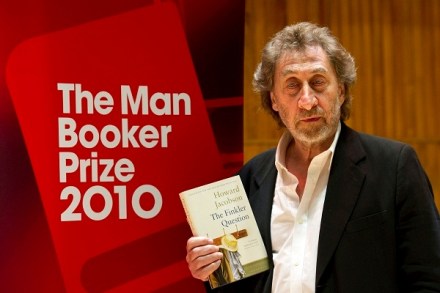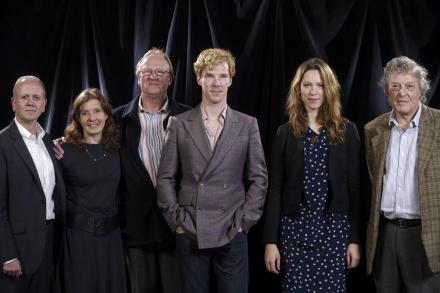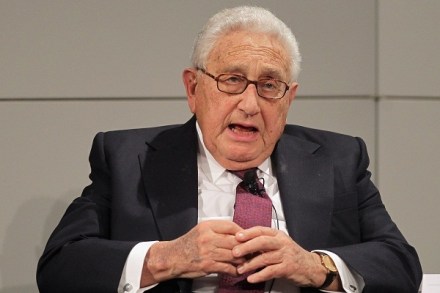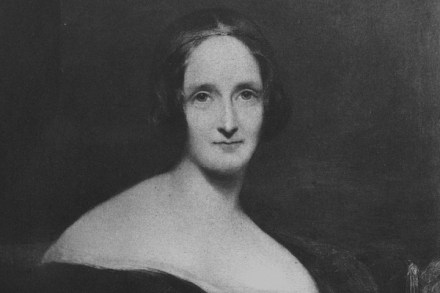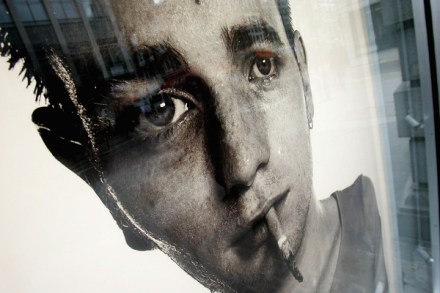An introduction to Javier Marías
The fundamental purpose of the literary critic is to incentivise his audience to read books of which he approves. He has two means at his disposal. The first of those means is the recommendation by virtue of excellence, which can be reduced to the basic formula ‘look at this, this is very good, to read this will give you pleasure, excite you, improve you.’ It is very difficult, when writing about Javier Marías, a man who can lay defensible claim to being the greatest novelist above ground, to resist the temptation to simply copy out a lengthy passage of his prose and ask the reader to look at that, rather than




